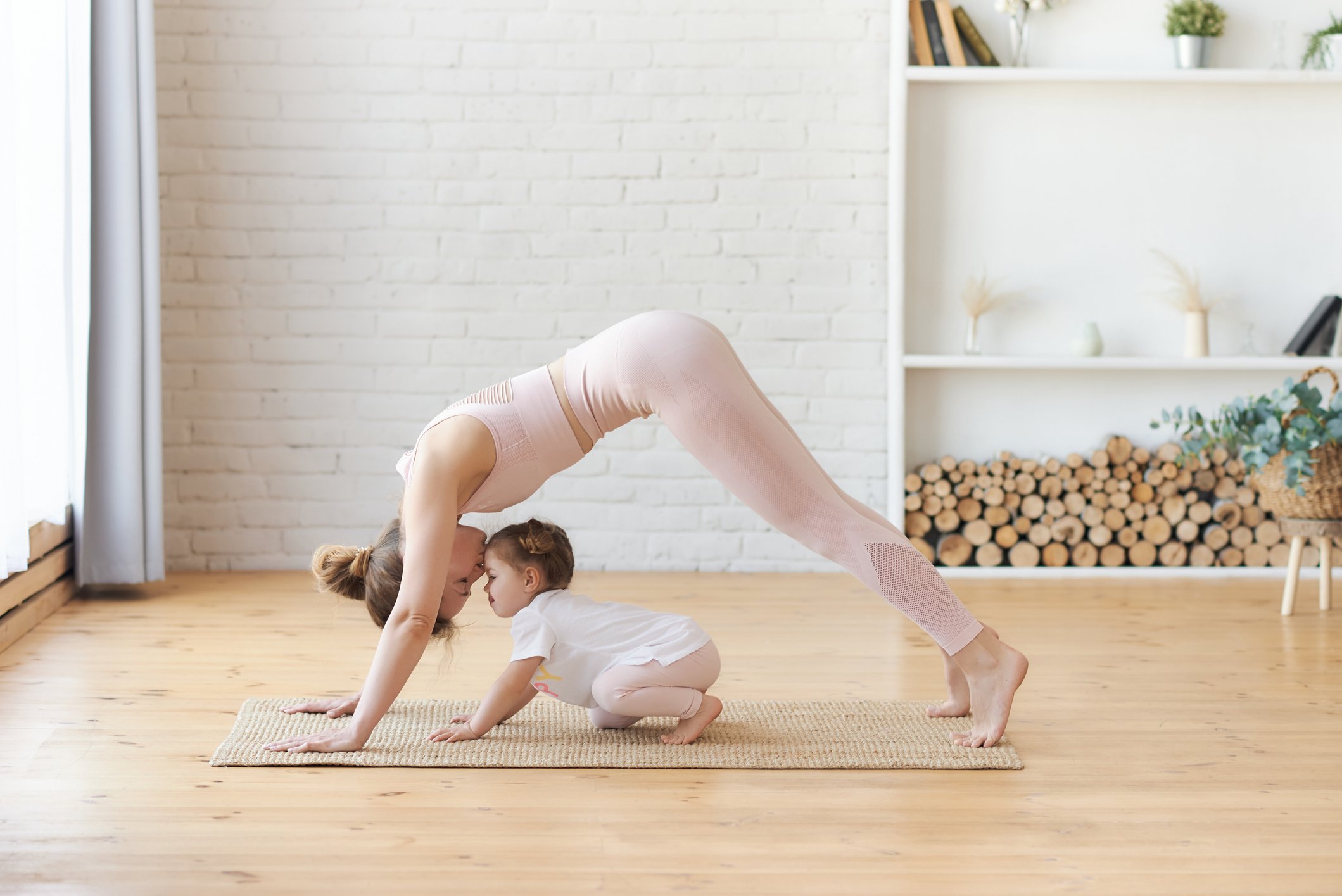Walk Your Way to Better Sleep
Walking is not only a great way to stay active during the day, but it can also positively impact the quality of your sleep at night. So put on your walking shoes and let's dive into the fascinating world of sleep and walking!
Deeper Sleep:
Regular walking can contribute to improved sleep quality. Engaging in physical activity during the day helps expend energy, making it easier to fall asleep at night. Additionally, walking promotes deeper sleep, allowing you to enter restorative sleep stages vital for rejuvenation and overall well-being.
Enhanced Sleep Duration:
Walking can help regulate your body's internal clock, known as the circadian rhythm. Exposing yourself to natural light during your walks, especially in the morning, can synchronize your body with the day-night cycle. This synchronization aids in maintaining a consistent sleep schedule and can lead to an increase in sleep duration.
Stress Reduction:
Walking is an excellent way to reduce stress and anxiety, which often hinder a good night's sleep. When you walk, your body releases endorphins, commonly known as "feel-good" hormones, which can help alleviate tension and promote relaxation. By incorporating walking into your daily routine, you can create a buffer zone between the stressors of your day and your sleep, enabling you to unwind and prepare for restful slumber.
Improved Sleep Architecture:
Walking can positively influence the architecture of your sleep. Research suggests that regular exercise, including walking, can enhance the amount of time spent in deep sleep, also known as slow-wave sleep. This phase is crucial for memory consolidation, cognitive function, and overall brain health. Additionally, walking can reduce the frequency of sleep disruptions and increase the time spent in REM sleep, which is associated with vivid dreaming and emotional regulation.
Combating Insomnia:
Insomnia can be a frustrating condition that disrupts your sleep patterns. Walking is an effective non-pharmaceutical approach to combating insomnia. By incorporating a walking routine into your day, you can reduce the time it takes to fall asleep, decrease nighttime awakenings, and improve sleep efficiency. The combination of physical activity, exposure to natural light, and the release of endorphins can promote a healthier sleep-wake cycle.
So there you have it! Walking is not only beneficial for your physical health but also for your sleep. Incorporate a daily walk into your routine, preferably during daylight hours, and enjoy the positive effects on your sleep patterns.
Always consult with a healthcare professional if you have any specific sleep concerns or medical conditions that may affect your ability to engage in physical activity.
What would you like help with?
Weight Loss and Weight Maintenance
Blood Glucose Management, Diabetes, Insulin Resistance, Hypertension, High Cholesterol, Thyroid Disease, Hormonal Health
Polycystic Ovarian Syndrome (PCOS), Perimenopause/Menopause





